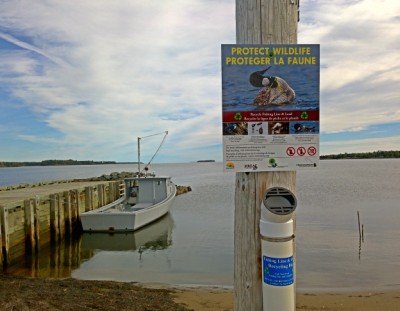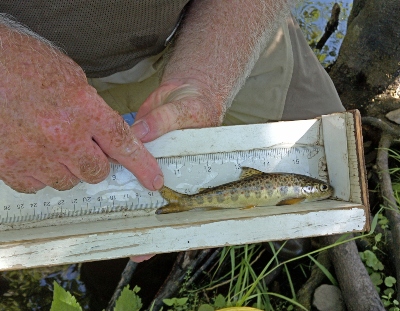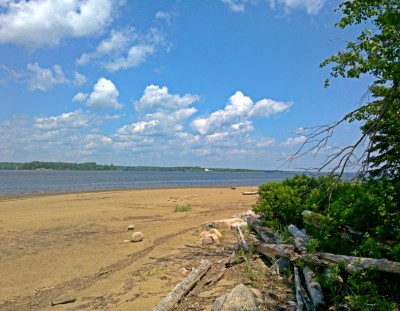A Brief History
The Miramichi River Environmental Assessment Committee (MREAC) has functioned as a community-based not-for-profit watershed organization since 1989. MREAC’s primary objective is environmental stewardship and management of the Miramichi watershed.
The Miramichi Watershed
The Miramichi watershed encompasses approximately 23% (~13, 547 km²) of New Brunswick, and MREAC has been committed to the environmental stewardship and management of this important riverine and coastal ecosystem. The Miramichi River and her tributaries are considered to be one of the most important Atlantic salmon habitats in the world.
MREAC Partners
MREAC partners and works alongside staff from Environment and Climate Change Canada (ECCC), Fisheries and Oceans Canada (DFO), New Brunswick Department of Environment and Local Government (DELG), Department of Energy and Resource Development (DERD), Department of Health and Wellness (DH&W), Canadian Rivers Institute (CRI), Anqotum Resource Management, University of New Brunswick (UNB), New Brunswick Community College (NBCC) and others.










